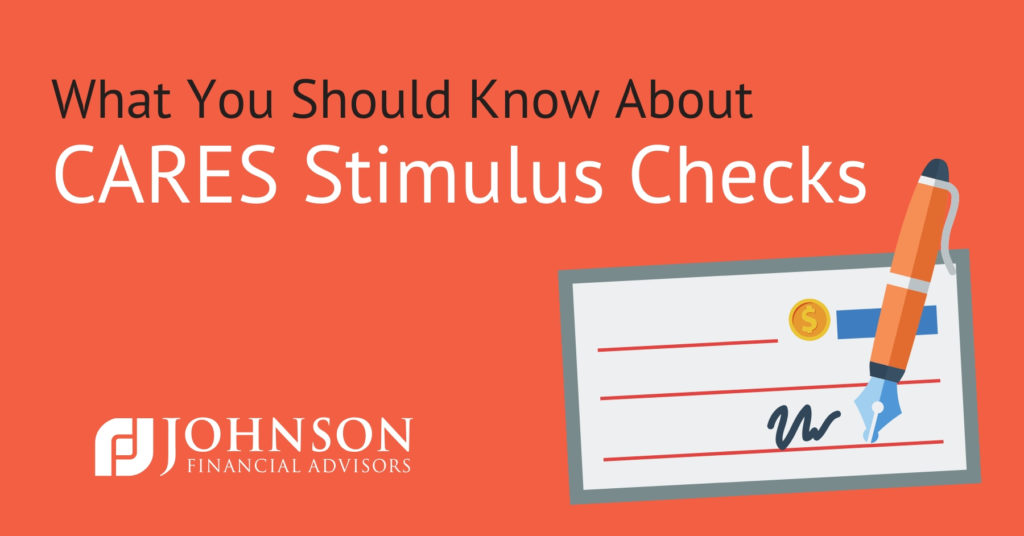
What You Should Know About CARES Stimulus Checks
The third COVID-19 stimulus package, the Coronavirus Aid, Relief and Economic Security (CARES) Act, which passed March 27, includes stimulus checks to qualifying individuals ($1,200), married couples filing jointly ($2,400) and parents with children under 17 ($500 for each child).
Who qualifies: To receive a check, you must be a U.S. citizen or legal resident, have a Social Security number and have reported income within the bill’s guidelines on your 2019 federal tax return (or your 2018 tax return if you haven’t filed for 2019). Those guidelines are: Individuals who filed an adjusted gross income up to $75,000 and married couples filing jointly with adjusted gross income up to $150,000 receive the full amount. Childless individuals with income above $75,000 but not over $99,000 and couples with income above $150,000 but not exceeding $198,000 will receive reduced amounts.
Who doesn’t qualify: Young adults whose parents claim them as dependents will not receive any cash. Individuals who receive Social Security or Veterans Affairs disability payments are not eligible if their parents claim them as dependents. Senior citizens who live with family members who claim them as dependents also won’t receive a check.
High-earning individuals who lost their job in 2020 will not qualify if their 2019 income was above the guidelines. But they will receive a tax credit on their 2020 taxes. Parents who had a baby in early 2020 will not see a $500 check for the child but will receive a $500 tax credit on their 2020 taxes. A divorced parent who didn’t claim their child on their last return won’t receive a payment for the child.
What you need to do: As long as you filed a return and your direct deposit information hasn’t changed, you don’t need to do anything other than watch for the deposit beginning in mid-April. If the IRS doesn’t have your direct deposit information, you can wait for a check in the mail or enter bank information on a portal the IRS will create. If you divorced after filing a joint return, the check will be deposited to the bank account listed on your joint return unless the information is updated.
If you have questions about other ways the CARES Act may affect you or concerns about market volatility, please feel free to call. While our method or location may change, we’re here to serve you.
Johnson Financial Advisors does not provide tax advice.
